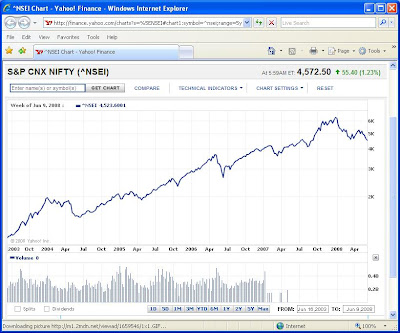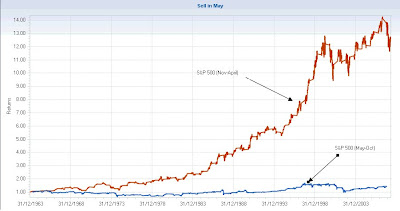More on Iliad

In October 2009, I posted a message on the fantastic business story of Iliad . I said "their model is based on innovation in products and simplicity in marketing." After having revolutionized the French Internet broadband access with the "FreeBox", they have done the same when entering the mobile network operating business. Their new offer of unlimited calls and text messages, unlimited Internet access and no commitment for 20 euros per month is both simple and innovative. They managed to dramatically reduce the price compared to existing competitors by not subsidizing the purchase of the phone. As a result, this new offer has forced their three competitors: SFR, Orange and Bouygues Telecom to reduce their prices, hence breaking an oligopoly. The presentation of the new offer by Iliad's CEO, Xavier Niel, one of France's greatest entrepreneurs. (in French) Free : la conférence de Xavier Niel en intégralité par LeNouvelObservateur And this ...


